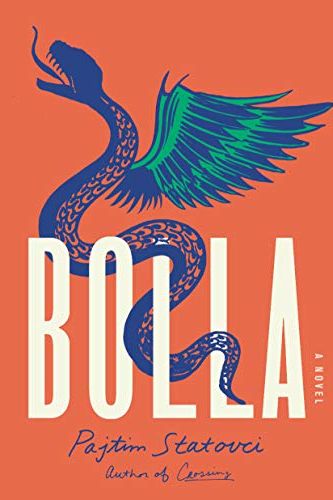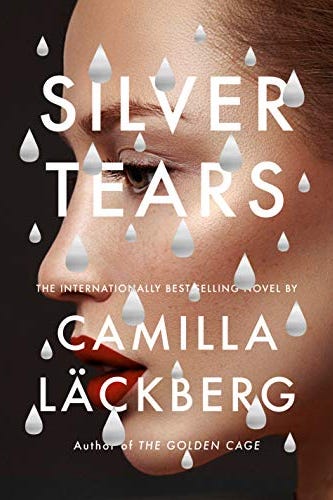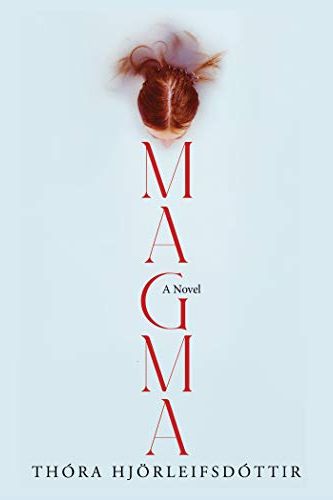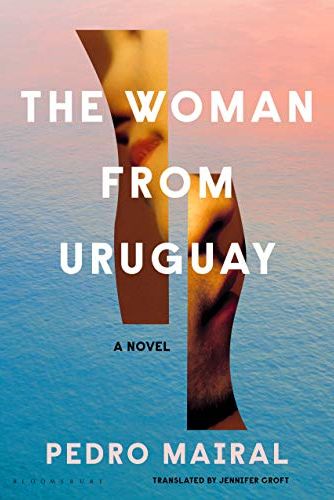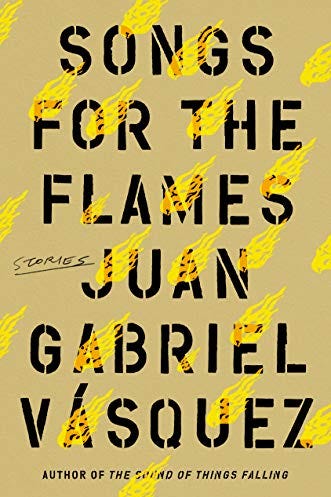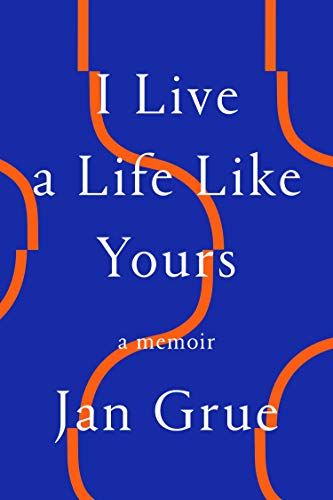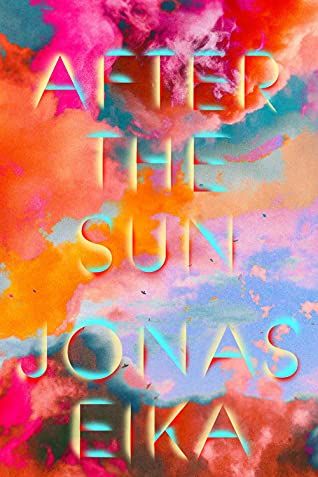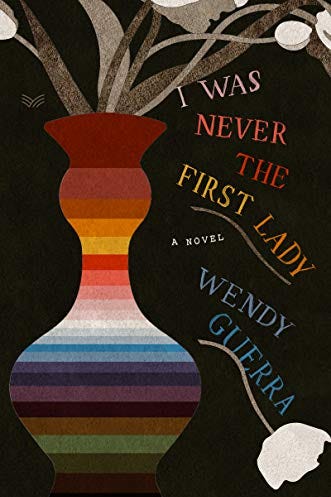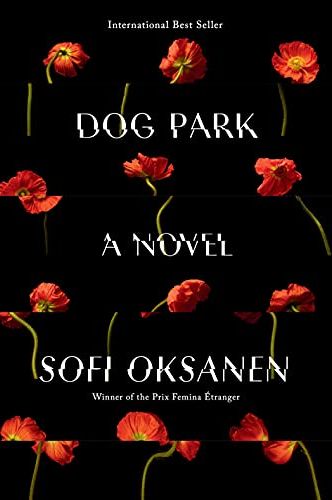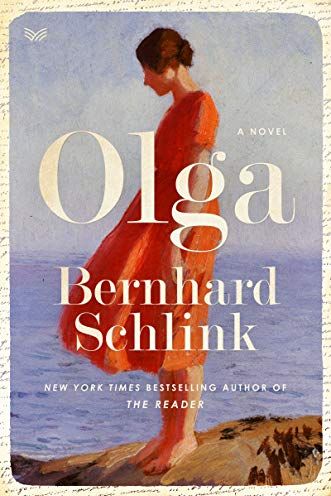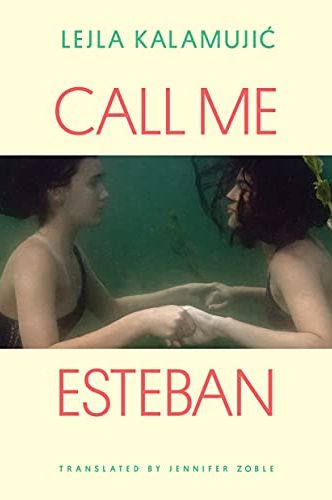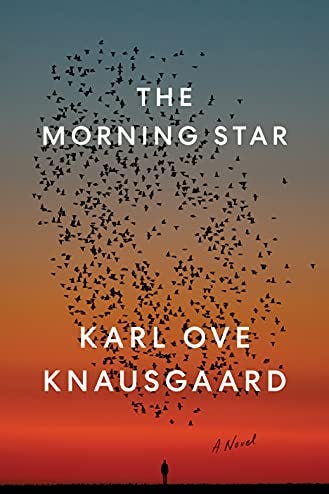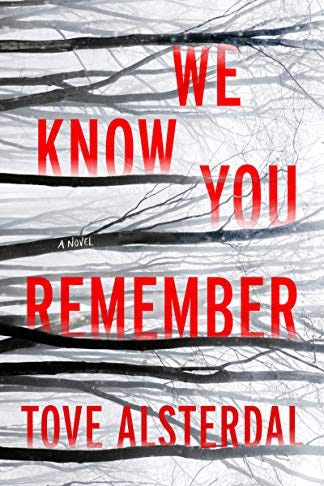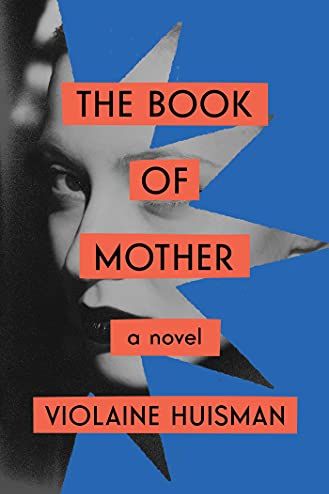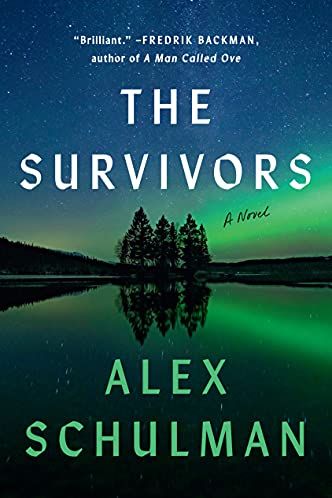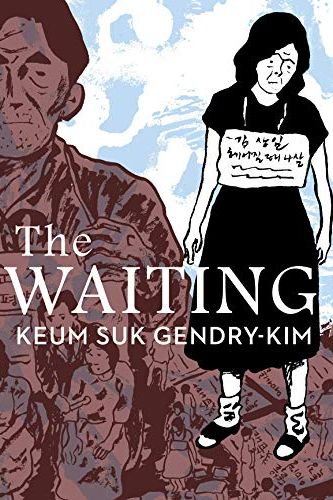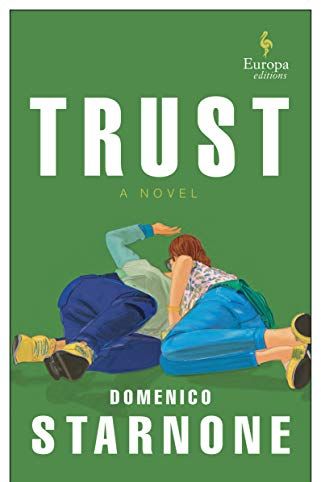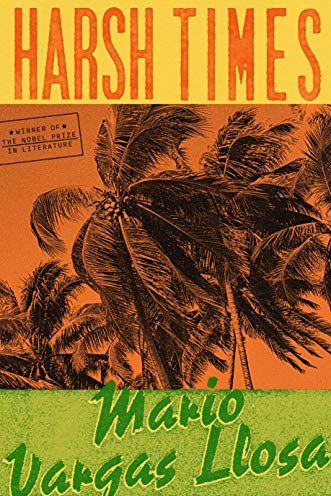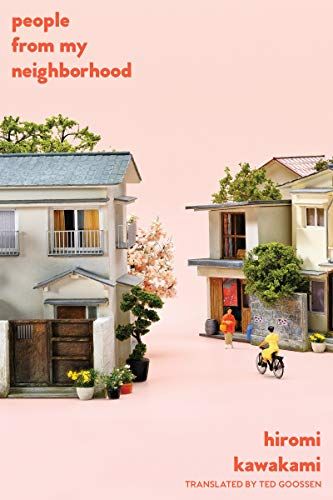Travel the World with These New Books in Translation (original) (raw)
1
Bolla, by Pajtim Statovci
Mythical monsters mirror our animal impulses, inventions through which we view our primal selves. The author of Crossing returns with an enthralling, Kundera-esque novel that captures the savage displacement of peoples and the migrations of desire. Pristina, Kosovo, 1996: Arsim, a newly married university student, ethnically Albanian, embarks on a torrid affair with an effete Serbian man as snipers approach and his wife announces her pregnancy. Years later Arsim stares down the ghosts of the slain—“hearing voices...taps at the window, children shouting, scratching sounds beneath the bed”—and the legend of the Bolla, a serpent coiled inside the Balkan imagination, poised to strike.
Translated from the Finnish by David Hackston
2
Silver Tears, by Camilla Läckberg
Faye knows how to play the game: The founder of her own wildly profitable cosmetics company, she’s decamped from her native Sweden to a villa in Italy, her young daughter and mother in tow, while her abusive ex-husband languishes in prison for the girl’s disappearance and the older woman’s alleged murder. Faye has staged a lie—many lies—to lock him away. But peace of mind can vanish like a bottle of chianti on a summer evening, and even the savviest can stumble amid a mirage of safety. Läckberg explores, with unflinching candor, marriage and its misdemeanors, and the betrayals of sisterhood.
Translated from the Swedish by Ian Giles
3
Magma, by Thóra Hjörleifsdóttir
Volcanic desire oozes beneath the thin rust of relationships in this erotic thriller set in Reykjavik, home to hipsters and hot tubs. Lilja, a 20-year-old university student, succumbs to a sexy classmate who quotes Derrida and keeps a vegetarian diet. Against her better judgment, she moves into his cluttered flat, where her worst fears are realized: He is a controlling philanderer, flaunting his conquests and peeing on her in the shower. In impressionistic, mesmerizing chapters, Hjörleifsdóttir dives deep into the fire-rivers of lust, just how much humiliation we’re willing to tolerate in the name of love.
Translated from the Icelandic by Meg Matich
4
The Woman from Uruguay, by Pedro Mairal
An Argentine titan dissects midlife malaise in this deftly paced, surprising novel. Lucas, an unhappily married writer in Buenos Aires, ponders disaffection, while his muse, Guerra, a film producer, plows through the hazards of her own life. For one day they meet in Montevideo, Uruguay’s picturesque capital, floating through beers and tattoo parlors, “jaywalking, in a state of grace.” Mairal beautifully evokes a star-crossed romance that pits the body’s urges against the needs of the mind.
Translated from the Spanish by Jennifer Croft
5
Songs for the Flames, by Juan Gabriel Vásquez
Politics thread throughout this fiercely imagined collection as the Colombian virtuoso excavates the aftermath of violent upheaval, characters adrift in dread and wonder. Vásquez melds autofictions–his walk-on part in a Roman Polanski film, migrations from Bogotá to Europe and back again–with tales of a war photographer’s obsessions and a military wife’s hidden anguish. He winks at the reader as he declares that “other people’s stories are inviolable territory...stealing them in order to write them is much worse than revealing itself.” We’re awed by the genius in his craft.
Translated from the Spanish by Anne McLean
6
I Live a Life Like Yours, by Jan Grue
The son of academics, Grue, an acclaimed linguist and author, was diagnosed at age 3 with spinal muscular atrophy, a genetic disorder that boxes his body but frees his imagination. In allusive, haunting vignettes, he traces his odyssey from his native Norway across Europe and the United States and back again, offering candid snapshots—learning to drive behind a six-inch steering wheel, the occasion when a girlfriend forgot him at an airport baggage claim—while discoursing eloquently on artists who have lit his way forward. Now married and a father, he struggles with beating the odds. “The past appears to be strung up on the wall like the Bayeux Tapestry, but, in fact, it is a projected image, a show of light and shadow,” he confesses. “I am writing a version of myself that no longer exists.” A tour de force of disability literature.
Translated from the Norwegian by B.L. Crook
7
After the Sun, by Jonas Eika
Rare is the talent that corrals flawed characters and explosive politics into a sweeping, searing collection. Denmark’s bad boy roams from Nevada’s notorious Area 51 to Cancún’s decadent beaches to drug rehabs in London, a collage that gives voice to the dread of our time: “Lizards and succulents and crawling humans digging through layers of earth. A choreographed dance on a public square.” Kink, aliens, stories within stories: It’s all here.
Translated from the Danish by Sherilynn Nicolette Hellberg
8
Red Crosses, by Sasha Filipenko
In Minsk, an unlikely friendship sparks between Tatiana, a nonagenarian woman in the throes of Alzheimer’s, and her young neighbor Sasha, a soccer referee and widower with an infant daughter. In stops and starts they share their stories, cobbling the rise and fall of the Soviet superpower, from Stalinist purges to the collapse of the Berlin Wall and beyond. But there’s more than politics at stake, as Sasha hears echoes of his own pain in Tatiana’s trek across the 20th century. A moving meditation on memory, forgetfulness, and the thirst for connection.
Translated from the Russian by Brian James Baer and Ellen Vaynor
9
I Was Never the First Lady, by Wendy Guerra
A staggering talent melds fiction with memoir in this sui generis account of a Cuba hungover from Communist rule. “Comrade” Nadia Guerra hits the airwaves with an energetic late-night radio show, musing over the Revolution with state-censored bravado. A move to Europe kindles a deeper reckoning as she reflects on the women artists and thinkers who both influenced her and propped up a chauvinist regime, “a kind of Dadaism that transports and defines the limits of any body and the sounds inside my sick head."
Translated from the Spanish by Achy Obejas
10
Dog Park, by Sofi Oksanen
A clinician sits on a bench in a Helsinki dog park, engrossed in a book; she scarcely notices when another woman, a supposed stranger, sits next to her. But this is no chance encounter: From that moment Oksanen’s narrator spirals back and forth in time, from Finland to Ukraine, tapping each woman’s yearnings and shame. With the volatile European fertility market as her backdrop, a rising Scandinavian star poses troubling questions about the double-edged sword of motherhood and the rancorous debates over women’s bodies.
Translated from the Finnish by Owen Witesman
11
Olga, by Bernhard Schlink
Germany’s literary doyen nods to the realist tradition in this sumptuous novel whose heroine wrestles with love and selfhood amid the crumbling of old empires and the birth pangs of new societies. A poor Prussian orphan raised by her grandmother, Olga can’t quite make heads or tails of adults and other children, withdrawing into the solace of books—until she meets Herbert, whose aristocratic mien hooks her. Schlink’s storytelling conjures a nation in flux, from two blood-soaked wars through a split and reunification, a century bookended by the life of an intrepid woman.
Translated from the German by Charlotte Collins
12
Call Me Esteban, by Lejla Kalamujić
Playful yet piercing, these linked stories weave queer identity with the bitter aftertaste of the Balkan wars. The protagonist, Lejla, navigates adventures from the imaginary—a doorstep conversation with Franz Kafka, a letter to Elizabeth Bishop, scrawled in a psychiatric ward—to lethally real: “Bullets hurtle through the air like bloated birds.” A nurturing partner dangles the hope of a happy ending for a weary soul. Kalamujić takes autofiction to the next level.
Translated from the Croatian by Jennifer Zoble
13
The Morning Star, by Karl Ove Knausgaard
The bestselling author returns with an incandescent novel that blends page-turning suspense with an existentialist quest. In the late-summer skies over Norway, a glowing orb appears like a biblical omen. Is it a supernova or the birth of a nearby star? Knausgaard's indelible characters—a sketchy journalist and his nurse spouse; a middle-aged priest who doubts the existence of God; a troubled family tamping down its own wildfires—confront the universe's mysteries and their own soul-battles.
14
We Know You Remember, by Tove Alsterdal
Midsommar meets Mare of Easttown in this propulsive, prizewinning page-turner set in the forests of Sweden’s North Coast. On the eve of the June solstice, two decades after he was convicted of rape and murder as a 14-year-old, Olof Hagström is paroled and circles back to his rural Baltic home, where he discovers his naked father dead in a bathtub, a gash in his belly. It’s up to the hardboiled, wisecracking local investigator, Eira Sjödin, to cut away the Gordian knots around not one but two grisly crimes, tracking a killer across a landscape blanched beneath a blinding midnight sun. In her American début, Alsterdal spins a police procedural with panache.
Translated from the Swedish by Alice Menzies
15
The Book of Mother, by Violaine Huisman
A prizewinning sensation in France, Huisman’s witty, immersive autofiction showcases a Parisian childhood with a charismatic, depressed parent. Maman, a glamorous divorcée, preens before her enraptured daughters, bragging on their good grades, chain-smoking with the help of “chic cigarette lighters by Dupont and Cartier,” and pontificating about the fall of the Soviet Union. But when Maman herself implodes, her daughter must piece together a past that’s riddled with contradiction, forever shadowed by the Holocaust.
Translated from the French by Leslie Camhi
16
The Survivors, by Alex Schulman
Sometimes a truism is actually true: Swedes own the genre of existentialist noir. In this taut thriller, three grown brothers bear their mother’s ashes to a remote lakeside cabin, where they pore over a crime committed 20 years earlier. For these siblings—Nils, the insolent, patronizing oldest; Pierre, the youngest, brimming over with resentments; and the soulful middle brother, Benjamin—their shared history is a Pandora’s box of secrets. Something’s bound to snap as Benjamin bolts into the past: “The path to the lake is in his muscle memory; he can still dodge every obstacle, so even at high speed, he avoids every protruding root, jumps every sharp rock. He is running through his childhood.”
Translated from the Swedish by Rachel Willson-Broyles
17
The Waiting, by Keum Suk Gendry-Kim
Based on true events, Gendry-Kim’s affecting graphic novel delves into the decades-long consequences of the Korean War, how a demilitarized zone severed not only a country but countless families. An aspiring writer in South Korea, Jina promises her mother, Gwija, that she will knock down doors to nail down what exactly happened to Gwija’s brother, lost in the flood of refugees 70 years earlier. Gendry-Kim’s spare, elegant panels—some composed only of dark figures surrounded by white space and outlines—suggest the perplexing ways the past empties us out.
Translated from the Korean by Janet Hong
18
Trust, by Domenico Starnone
Romantic obsession is as ancient as Rome, but an Italian master gives it a suspenseful twist in this vibrant novel that’s equal parts Endless Love, la dolce vita, and unreliable narration. Pietro and Teresa confide their darkest secrets to each other before parting ways, an emotional pact that plagues Pietro through marriage, fatherhood, and professional acclaim. Fear not: Starnone keeps us guessing as the irresistible Teresa plays a cat-and-mouse game with her former lover and maybe-friend. Jhumpa Lahiri’s ravishing translation illuminates Pietro’s unraveling. A rip of a read.
Translated from the Italian by Jhumpa Lahiri
19
Harsh Times, by Mario Vargas Llosa
From Paul Revere’s ride to the storming of the Bastille to last year’s Black Lives Matter protests, the spirit of revolution has stirred the hearts of those yearning for justice—and yet freedom never comes for free, as the Nobel laureate wrenchingly observes in his intricately plotted new novel. Set in the 1950s, following the violent CIA-engineered overthrow of the Guatemalan government, Harsh Times explores evergreen themes–skirmishes between the powerful and powerless, how war erodes our humanity—with gallows humor: “For Marta, the day of July 26, 1957, started off not bad, but very bad.”
Translator from the Spanish by Adrian Nathan West
20
People from My Neighborhood, by Hiromi Kawakami
An enchanting origami of linked stories, most no more than three or four pages, set in a neighborhood of eccentrics whose better selves betray them. A schoolgirl enthralled with a financial portfolio; a farmer transformed into a pigeon; Uncle Red Shoes and Grandpa Shadows: Hawakami’s characters tread the shimmering line between the absurd and hyperreal, vivid as Japanese block prints.
Translated from the Japanese by Ted Goossen
A former book editor and the author of a memoir, This Boy's Faith, Hamilton Cain is Contributing Books Editor at Oprah Daily. As a freelance journalist, he has written for O, The Oprah Magazine, Men’s Health, The Good Men Project, and The List (Edinburgh, U.K.) and was a finalist for a National Magazine Award. He is currently a member of the National Book Critics Circle and lives with his family in Brooklyn.
